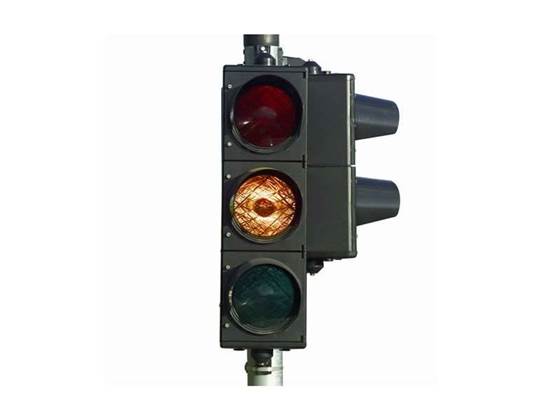Victoria’s Auditor-General has found that a critical flaw in the state’s recent procurement of a bus tracking system could add to Melbourne traffic congestion by leaving late-running buses waiting at traffic lights.

The Victorian government first embarked on a project to fit Melbourne's buses with GPS devices to enable real-time tracking in 2009.
The troubled implementation failed to live up to expectations, and in October last year the Victorian Government decided to halt the rollout and re-tender for a replacement GPS fleet, the contract for which was won by Smartrak in March.
The initial lot of devices, which were installed on one third of Melbourne's buses, had the ability to interface with SCATS - the central system that controls the network of traffic lights across the city - to give late-running buses green-light priority at intersections, as is the case in other state capitals such as Sydney.
But the government failed to specify the same capability and crucial traffic light prioritisation in the new contract it awarded in March, the state's Auditor-General John Doyle found.
“It is not clear why the capability to interface with SCATS was excluded from the tender specification,” he stated in the report.
“This appears to be clearly a missed opportunity for [Public Transport Victoria], VicRoads and bus operators to make this public transport mode more efficient in a heavily congested road system."
Melbourne buses are only currently given priority at an intersection when they pull up to dedicated bus priority lanes equipped with under-road detector loops.
This leaves the city lagging behind counterparts like Sydney, where the NSW Government relies on the Public Transport Information and Priority System (PTIPS) to alert its own version of SCATS to late running buses.
PTV sought to assure the Auditor-General that plans were underway to remediate the shortfall in capability.
It said the real-time data feed that will be delivered by Smartrak would be able to “fulfil a variety of downstream requirements” including integration with SCATS.
In his response to the report, PTV CEO Mark Wild said the new bus tracking system was due to go live in July, and his team would use the second half of the year to work with VicRoads on “an appropriate interface with SCATS”.
Wild said the bus tracking fleet would be fully rolled out, complete with SCATS compatibility, by the end of 2015. He did not comment on why the capability had been overlooked.
Beyond the SCATS integration, the Auditor-General criticised an overall ad-hoc approach to traffic management ICT taken by the three transport agencies, VicRoads, PTV, and the Department of Transport, Planning and Local Infrastructure.
The average current speed of travel in Melbourne’s morning peak in 35 km/h, but forecasts reveal that without government intervention it would likely to drop to 20 km/h by 2021.
“In the absence of an overarching congestion management plan, agency initiatives largely continue to occur in silos with limited consultation or coordination and without monitoring and reporting on the achievement of objectives," Doyle's report stated.
Without ICT coordination, the public transport situation in Melbourne – which boasts the world’s largest but slowest tram network – will almost certainly continue to worsen, he said.


.png&h=140&w=231&c=1&s=0)
_(20).jpg&h=140&w=231&c=1&s=0)

_(33).jpg&h=140&w=231&c=1&s=0)





 iTnews Benchmark Awards 2026
iTnews Benchmark Awards 2026
 iTnews Executive Retreat - Security Leaders Edition
iTnews Executive Retreat - Security Leaders Edition
 iTnews Cloud Covered Breakfast Summit
iTnews Cloud Covered Breakfast Summit
 The 2026 iAwards
The 2026 iAwards












_(1).jpg&h=140&w=231&c=1&s=0)



